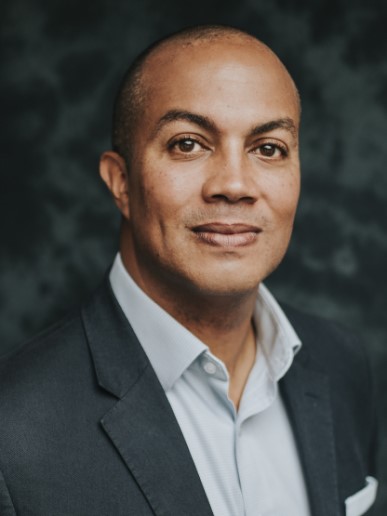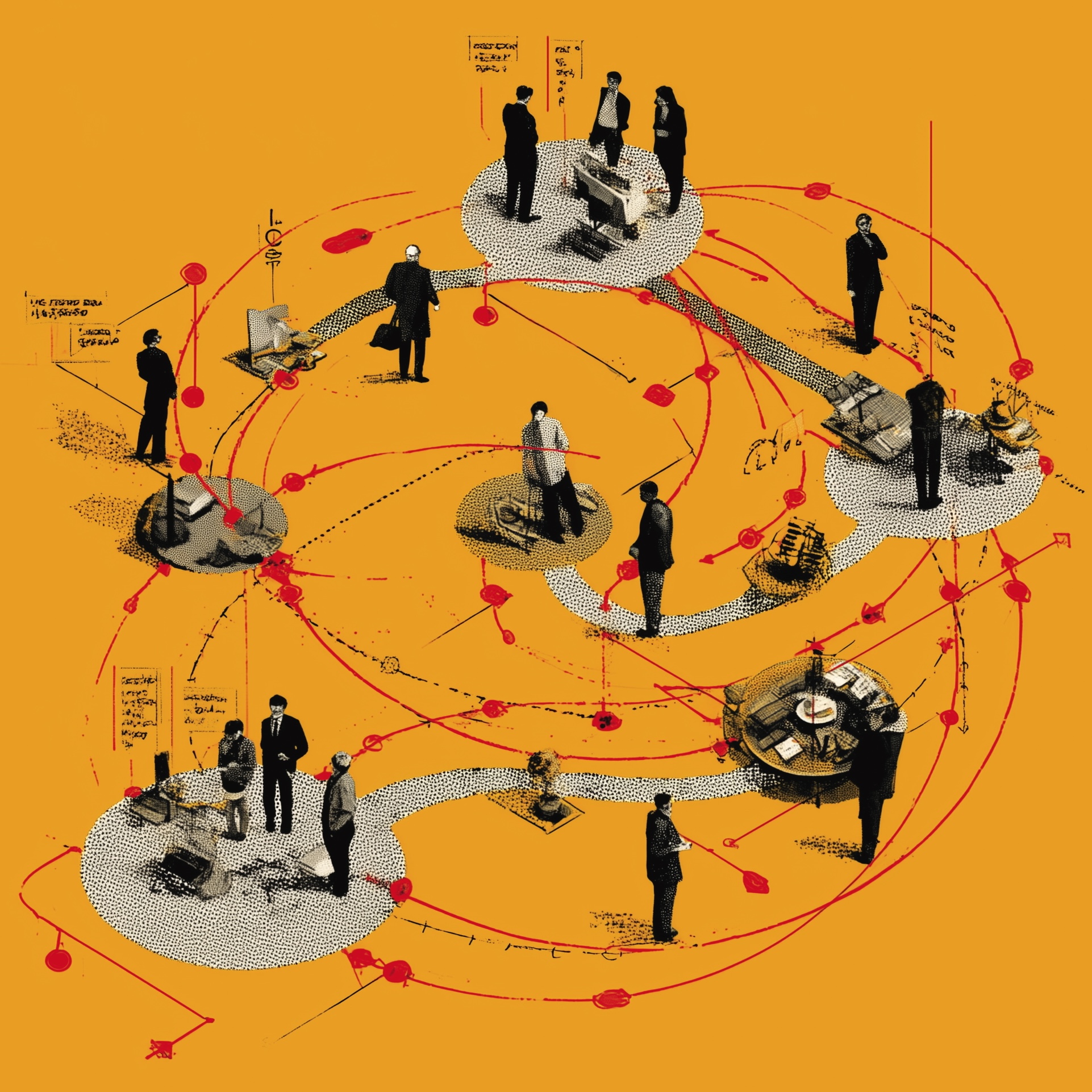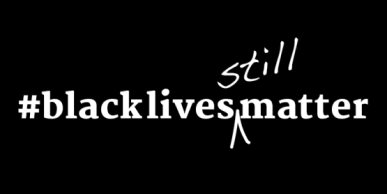It’s white leaders who have to change
Black Lives Still Matter: Richard Stubbs, chief executive, Yorkshire & Humber Academic Health Science Network. Interview by Craig Ryan.

I don’t tend to experience overt racism at work, but knowing from the data that it exists puts you in a kind of rabbit hole of anxiety. You constantly have to second-guess interactions, meetings or emails to understand what’s going on: Did I genuinely not perform? Is it racism? Do I trust my colleagues? What do they really think about me? This director’s commentary in your head is, at best, a distraction; at worst it’s a really depressing and constant narrative to your working life.
Samuel L Jackson said the best advice his mother gave him was “that I had to be ten times smarter, braver and more polite to be considered as equal.” And I absolutely believe that to be true.
It means that I look at those who are successful in an environment that clearly isn’t set up for them to succeed – our black female MPs, for example – and think, “Oh my God, how good are they?” For me, that’s where white privilege comes in: people in general see somebody in a position like that and just say, “Look, some BAME people can achieve the same as their white peers”, when actually we know that there’s a completely different scorecard being used here. Their achievements therefore go far beyond just being the equal of their white peers.
As a six-foot black male, I’m also aware that behaviour which could be labelled as ‘determined’ or ‘direct’ in someone else could be unfairly seen as ‘out of control’ or ‘threatening’ for someone like me. I’ve been really fascinated by recent research showing how football commentators tend to describe black players as physical, powerful or quick, while white players are far more likely to be defined by their skills.
Throughout Black History Month this October, we’re learning about the experiences of black managers in the NHS, and how we can all help to end racism at work and in everyday life. On our website and in our magazine, black members and NHS leaders will tell you about their lives and careers in their own words. If you’ve got a story to tell, we want to hear from you too.
The invisibility of this kind of racism is what makes it so endemic and deep. You have to tackle it from deep within people’s beliefs and from that almost subconscious level of instinctive decision-making – and that’s really, really tricky to do.
But I think the right conversations are starting to happen, and particularly with the Black Lives Matter movement, I’ve felt the spotlight start to shift. It has to be about making the majority of our white leaders feel more uncomfortable and getting them to realise that the emphasis is on them to change — not anybody else. When I’m in a room full of white chief executives, the person who needs to lead this agenda is anyone but me.
At the same time, I have a natural aversion to the white saviour model; I know it’s well-meaning, but for me it’s almost as oppressive as racism. There’s a big difference between being a genuine ally and what is called ‘optical allyship’, where a white person loudly claims to be an ally, but is actually just aiming to enhance their own image — and often their actions don’t go much beyond Twitter.
If it’s done right, genuine allyship doesn’t have a social media campaign behind it. It’s about a white leader saying: “My work is about what I do and I don’t need to broadcast that to anybody. I can read more, I can ask better questions, I can look at things like reverse mentoring and I can check to see if I’m experiencing better thought processes and therefore making better decisions. And I can do all that without a hashtag.”
I think, in the early days, the mechanisms to produce those nudges or behaviour changes may have to be quite blunt. But I think if you properly embed things such as targets into the NHS performance management framework, with measures if they aren’t upheld, then it’s a way of sending a clear message that it’s different this time.
This is the one of a series of interviews with black MiP members and NHS leaders which we will be publishing throughout Black History Month in October. To find out more about Black History Month and to get involved, visit: blackhistorymonth.org.uk.
Related News
-

NHS job cuts: you’ll never walk alone
As the NHS redundancies in England loom, Rhys McKenzie explains how MiP will back you, and how members supporting each other and acting collectively is the best way to navigate this difficult process.
-

What now? Seven expert takes on the Ten-Year Plan
The government’s Ten-Year Plan for the NHS in England has met with enthusiasm and exasperation in equal measure. We asked seven healthcare experts to give us their considered view on one aspect that interests, excites or annoys them.
-

NHS job cuts: what are your options?
When politicians start reforming the NHS, there is only one certainty: some people will lose their jobs. But what options might be on the table and how does redundancy work? Corrado Valle explains.
